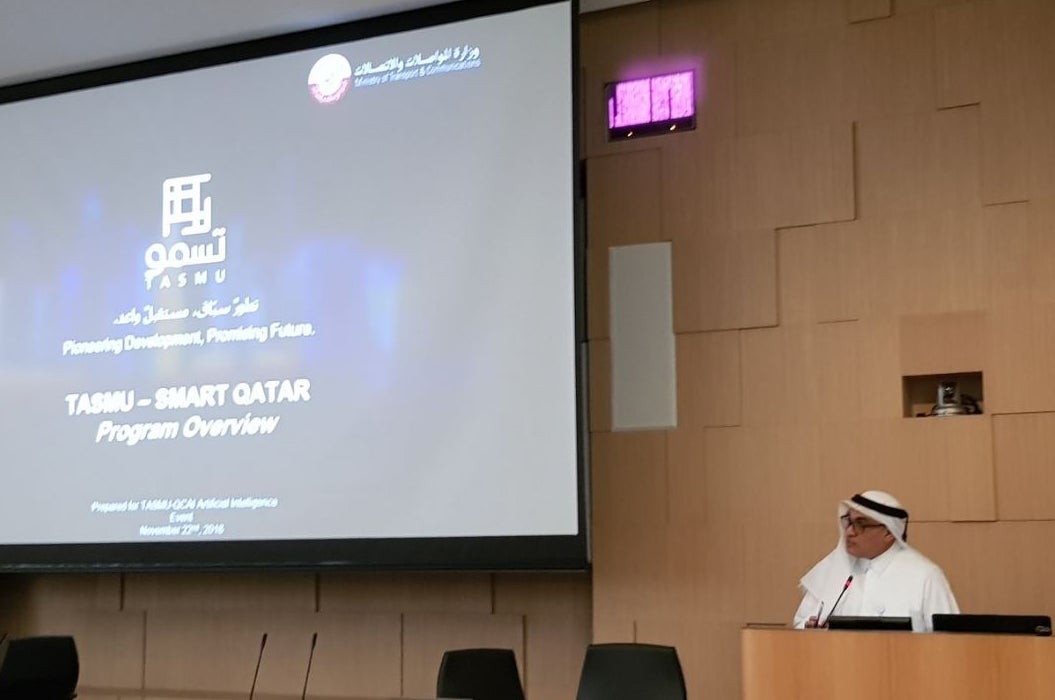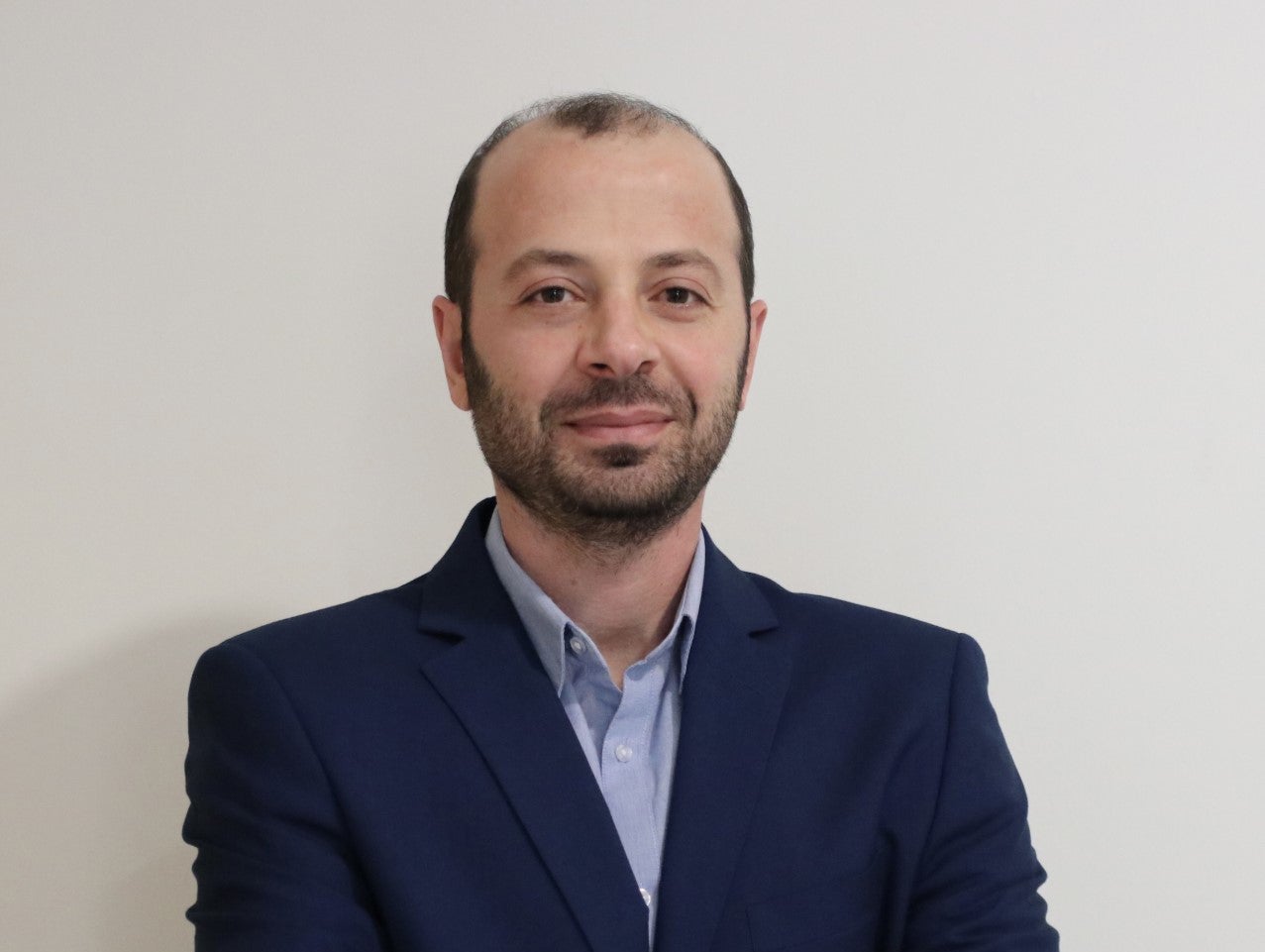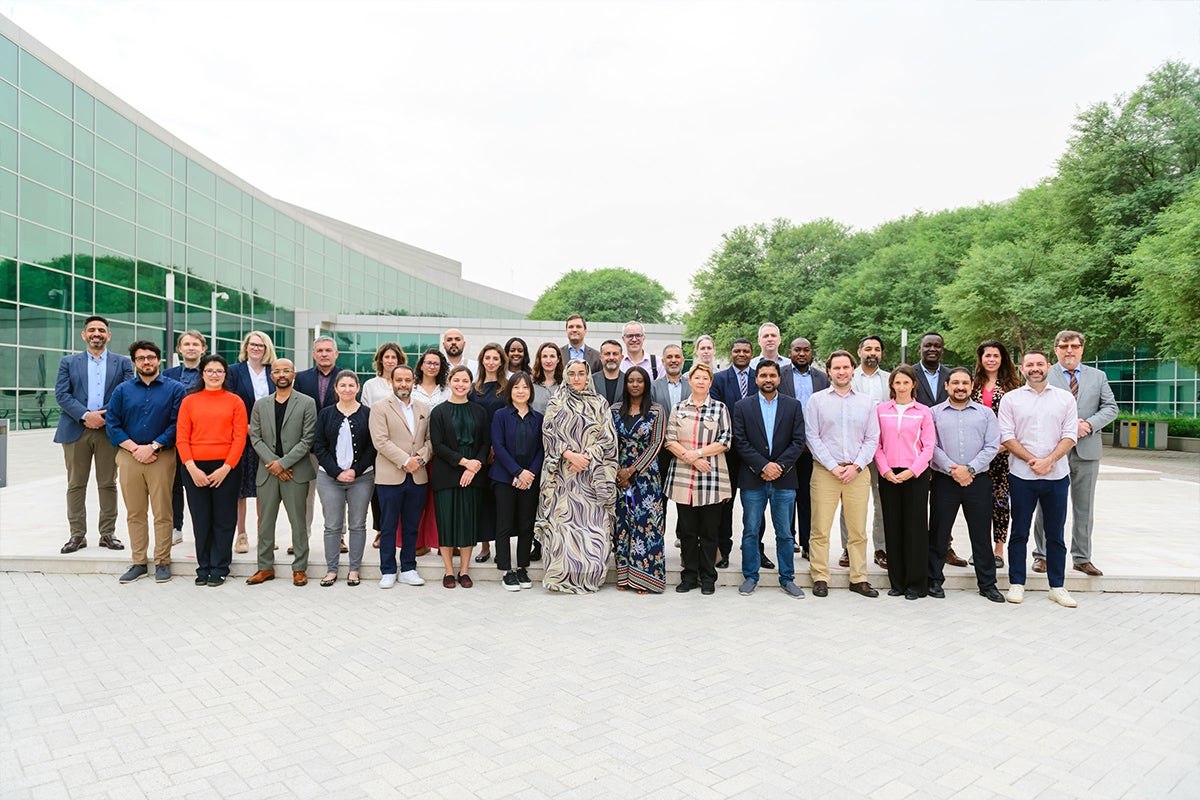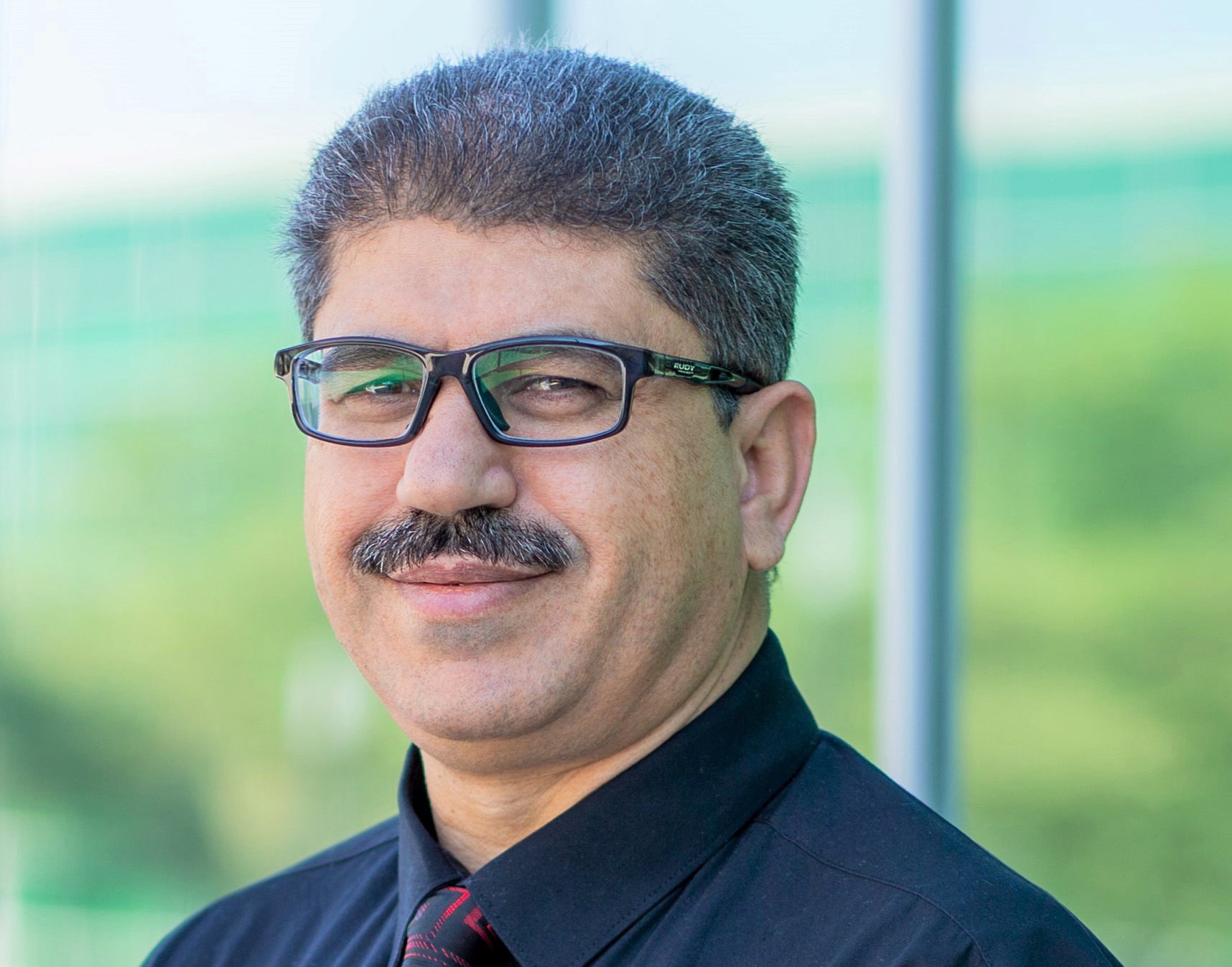
Research and exploration of Artificial Intelligence (AI) has been witnessing an upswing in the recent decades. From powering spam filters in your emails, to recognizing faces of friends on Facebook, to enabling Alexa process and action your voice commands, AI is being used widely in our daily lives. One sector that is expected to benefit exponentially from AI is that of transportation, affecting public transit and the cars we drive.
Self-driving cars carrying passengers are already being tested, but AI is not going to be limited to only self-driving cars. Instead, AI will seek to address major challenges in the transportation industry, such as, safety, reliability, capacity problems, environmental pollution, and wasted energy.
At a recent workshop dedicated to AI in transportation experts from Europe, US and Qatar came together to discuss state-of-the-art advances in AI for transportation with local stakeholders. Jointly hosted by the Ministry of Transport and Communication’s (MOTC’s) Smart Qatar TASMU program, and with QCRI, the ‘TASMU-QCAI Artificial Intelligence in Transportation’ workshop was an effort to harness the power of technology and innovation.
“The main idea was to try to gather people from academia, the industry, and from government entities to show them how AI is transforming the field of transportation. Also, as a computer science institute, we wanted to showcase our work and highlight to local stakeholders in Qatar as to how our computer scientists are contributing to this field,” said Dr. Sofiane Abbar, Senior Software Engineer in the Social Computing Group, QCRI.
Offering solutions to local stakeholders in order to improve quality of life and delivery of public services in Qatar, QCRI is working with a number of local companies in the transportation sector, including, Karwa and Qatar Airways.
“Karwa has a fleet of more than 4,000 cars, and we are trying to figure out how to help them better manage that fleet by enabling predictive analytics. Right now they have a dedicated fleet for Hamad International Airport, and during a lean period, these taxis are stationary, waiting for passengers. Instead, these cars can be used elsewhere in the city during peak hours, and generate revenue for the company. So, what we are trying to do for them is to make some sort of predictions of the number of customers and riders that could request taxi rides in the next hours, for example, so they can plan accordingly,” Dr. Abbar says.
QCRI is also working with the Land Transport Planning Department in MOTC to understand how different data sources like satellite images and GPS trajectories can be used in order to have better traffic plans for roads in Qatar, and more accurate representation of the road network.
“For example, in a recent collaboration with CSAIL-MIT, we created AI-based algorithms for road network extraction from satellite images. What this really means is that you can train a machine, a deep neural network, to extract roads automatically from a satellite image. This is very important because people think of maps as static objects, but that’s far from the truth, especially in a fast growing place like Qatar.”
A market research report published by P&S Market Research indicates the global AI in transportation market is projected to reach $3.5 billion by 2023. This transformation driven by AI will also affect the way cities grow and expand. For instance, cost-effective, faster and safe transportation in autonomous vehicles may urge a de-urbanization trend.
With Qatar indicated to spend QR6bn over the next few years in order to develop the required technological infrastructure and activate hundreds of initiatives across many sectors, QCRI’s initiatives in collaboration with TASMU will accelerate the achievement of all the pillars of the Qatar National Vision 2030.
Related News

FIFA World Cup Fans Learn More about Future Impact of AI on Jobs and Employment

Middle School Seniors Become Technology Creators at Qatar Computing Research Institute’s Creative Space Summer Camp








